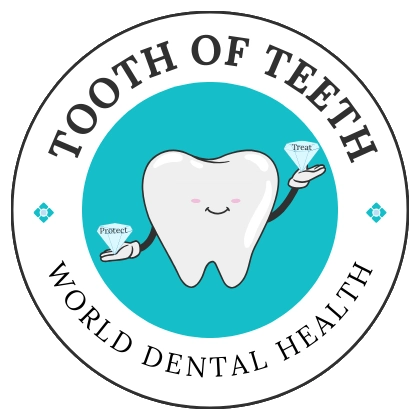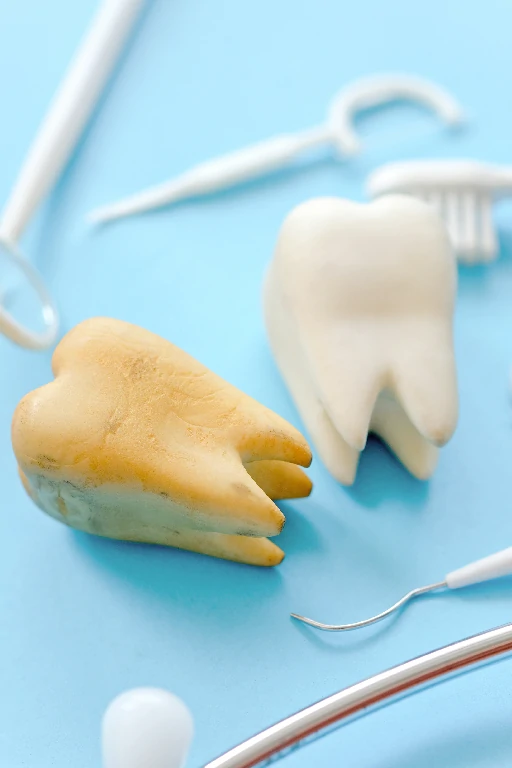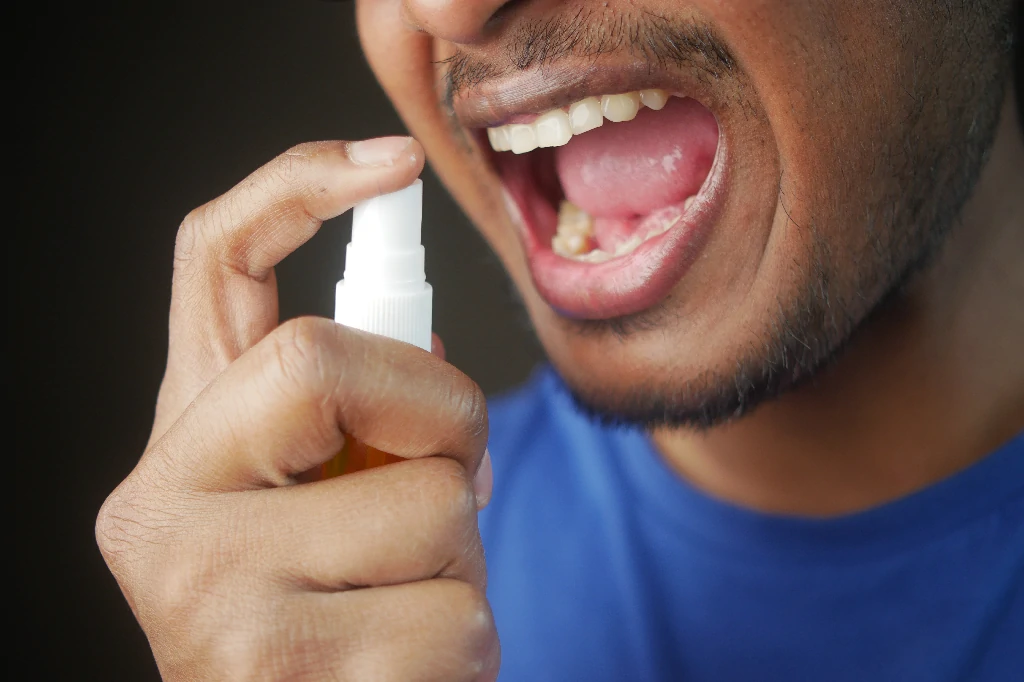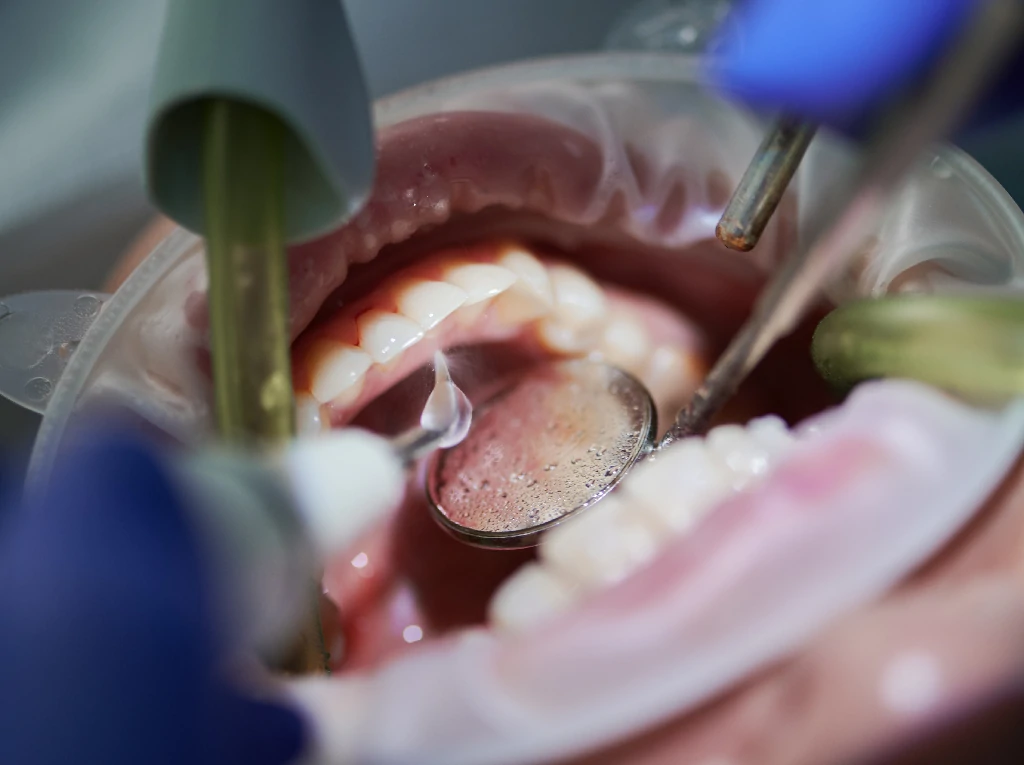Introduction
Mouthwash is a crucial component of maintaining oral health, providing benefits such as improved oral hygiene, reduced risk of gum disease and cavities, and enhanced dental and gum health. Different types of mouth-wash address specific oral health issues, with each type containing unique active ingredients that enhance effectiveness.
What is Mouthwash?
It is a liquid solution used to rinse the mouth, primarily for removing bacteria, freshening breath, and preventing oral diseases. It’s usually used after brushing and flossing as part of a daily oral care routine. Active ingredients in mouthwashes include fluoride, chlorhexidine, and essential oils, which help kill bacteria, strengthen enamel, and reduce gum inflammation.
Types of Mouthwash
- Antiseptic Mouthwash: Contains antibacterial and anti-inflammatory agents, such as chlorhexidine or essential oils like peppermint and eucalyptus. This type is commonly used to reduce gum inflammation and plaque buildup.
Benefit: Reduces bacteria, minimizes plaque, prevents gum inflammation, and improves breath.
- Fluoride Mouthwash: Fluoride-based mouth-wash strengthens tooth enamel and prevents cavities, ideal for people prone to decay.
Benefit: Strengthens enamel, prevents decay, and remineralizes weak areas on teeth.
- Plaque Control Mouthwash: This type minimizes plaque buildup, helping to prevent cavities and gum disease. Ingredients like stannous chloride and peroxide are effective in reducing plaque and brightening teeth.
Benefits: Reduces plaque, prevents cavities, and protects gums from inflammation.
- Breath Freshening Mouthwash: Primarily designed to improve bad breath, it contains essential oils and often alcohol to kill odor-causing bacteria.
Benefit: Freshens breath and reduces bad-breath bacteria.
- Natural Mouthwash: Made from natural ingredients like tea tree and peppermint oils, it appeals to those who prefer chemical-free options.
Benefit: Suitable for people seeking natural products, free of alcohol, and less irritating to tissues.
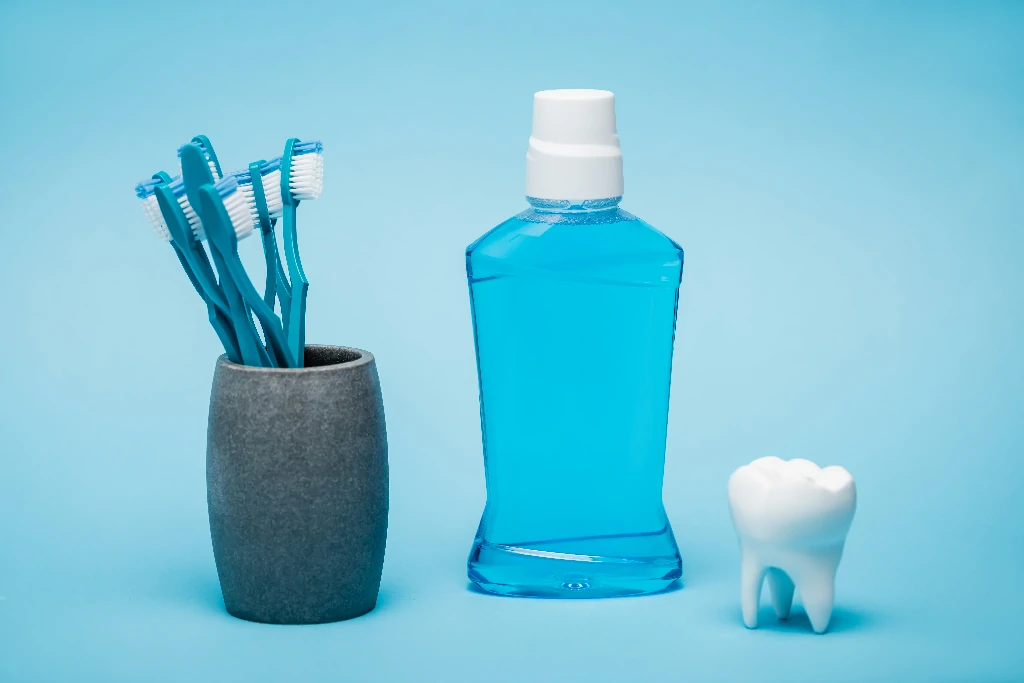
The Role of Active Ingredients
Active ingredients in mouthwash vary based on the intended benefits. Key ingredients include:
- Fluoride: Strengthens enamel and prevents cavities.
- Chlorhexidine: Used for gum infections and plaque control.
- Essential Oils: Naturally freshen breath and kill bacteria.
- Peroxide: Helps in whitening by removing surface stains.
- Alcohol: Kills bacteria but may cause dry mouth if used excessively.
Benefits of Mouthwash for Oral Health
Regular use of mouthwash provides various benefits, such as:
- Prevention of Tooth Decay: Mouth-wash with fluoride strengthens enamel and prevents decay, making it essential for those at high risk for cavities.

- Prevention of Gum Disease: Antiseptic mouth-wash with chlorhexidine or essential oils reduces bacteria, preventing gum inflammation and disease.
- Improvement of Bad Breath: Freshening mouth-wash with fragrant oils helps neutralize bad breath quickly.

- Reduction of Plaque: Plaque control mouth-wash minimizes plaque buildup, decreasing the risk of cavities and gum disease.

- Cleans Hard-to-Reach Areas: Mouth-wash reaches places that are difficult to clean with a toothbrush or floss, reducing bacteria and improving overall oral health.
How to Use Mouthwash Effectively
To maximize the benefits of mouthwash, follow these guidelines:
- Use After Brushing and Flossing: To ensure complete oral hygiene, use mouth-wash after cleaning your teeth.

- Avoid Swallowing: Especially important with alcohol- or fluoride-based mouthwash.
- Rinse for 30 Seconds: Swish the mouth-wash in your mouth for at least 30 seconds for full effectiveness.
- Avoid Eating or Drinking Immediately: Wait 30 minutes after using mouth-wash, especially if it contains fluoride.

Mouthwash vs. Other Oral Care Methods
While mouthwash aids in oral hygiene, it cannot replace brushing and flossing. The toothbrush removes plaque from teeth surfaces, while floss cleans between teeth. It’s disinfects but cannot remove attached plaque.
Tips for Consistent Use
Incorporate mouthwash into your daily routine, choose a type that suits your needs, and consult your dentist for advice on selecting the best product.
Conclusion
Mouthwash is a powerful tool for improving oral health when used regularly as part of a daily care routine. Selecting the right type, based on specific ingredients like fluoride or chlorhexidine, helps prevent cavities, control gum disease, and freshen breath. Used consistently with brushing and flossing, can significantly enhance oral health outcomes.
